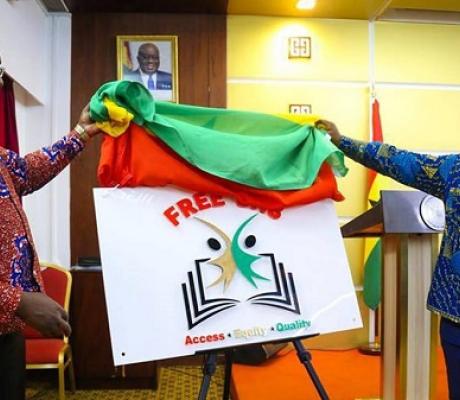Five mixed-race Congolese women have sued the Belgian government for forcefully separating them from their families when the European country administered Congo as a territory.
The women – all in their 70s – said they were taken from their families and put in Catholic missions in the then Belgian Congo where they were treated as products of sin, according to BBC.
In the wake of the civil war that erupted in the former Central African territory after independence in 1960, the women said they were abandoned after White Belgians fled the country to escape the violence. Police officers who were subsequently ordered to guard them also allegedly sexually abused them at night.
One of the women, Monique Bitu Bingi, told the BBC money isn’t the motivating factor behind the suit. Rather, they want Belgian authorities to acknowledge the damage caused by colonization.
Bingi finally met her biological father’s family in Argentina after six years of searching.
A preliminary hearing to map out the court timetable for the case was held in a Brussels court on Thursday.
Apology
In 2019, Belgium apologized for the kidnapping of thousands of children born to mixed-race couples during its colonial rule of Burundi, DR Congo and Rwanda.
The “métis” (mixed-race) children, who were produced out of relationships between Belgian settlers and local women, were abducted from Congo and put in schools and orphanages in Belgium run by the Catholic Church.
This occurred between 1959 and 1962 and about 20,000 children who were born in the 1940s and 50s were affected.
“Throughout Belgian colonial Africa, a system of targeted segregation of métis and their families was maintained by the Belgian state and acts were committed that violated the fundamental rights of peoples,” Belgium’s Prime Minister Charles Michel said on Thursday afternoon in front of a plenary session of Parliament, which had in its gallery a dozen of many people of mixed race.
“This is why, in the name of the federal government, I recognize the targeted segregation of which métis people were victims” and “the ensuing policy of forced kidnapping”, he said.
“In the name of the federal government I present our apologies to the métis stemming from the Belgian colonial era and to their families for the injustices and the suffering inflicted upon them,” he was quoted by The New York Times.
“I also wish to express our compassion for the African mothers, from whom the children were taken,” he said.
The apology comes almost 60 years after the three African countries involved gained independence.
Belgian colonial rule, until the late 1950s, was against interracial romance, and interracial marriage was banned. Many white Belgian men, however, married black female settlers and they had children who were seen by Belgium authorities as undermining official segregation policies and destroying the prestige and domination of the white race, The New York Times report said.
At the time, Belgium authorities also feared that the Red River Rebellion in Canada in the 1860s in which métis people revolted and overthrew the local government could repeat itself. Thus, they ordered métis children in Congo to be separated from their families, and from the black population.
Historians said that an estimated 10,000 to 20,000 children were segregated from their parents and placed in orphanages and schools run by the Catholic Church. These children were often from single African mothers as most fathers refused to acknowledge the paternity of their children.
When Belgium’s colonies gained independence, in the early 1960s, thousands of métis children were taken from Burundi, Congo and Rwanda to Belgium.
There, they were either adopted by white parents or raised in Belgian boarding schools. Many of them are still alive today. Some of the children also never received Belgian nationality and remained stateless.
In 2017, the Catholic Church apologized for its “participation” in the banning of mixed-race marriages and the subsequent kidnapping and segregation of métis children.
Source: face2faceafrica.com







